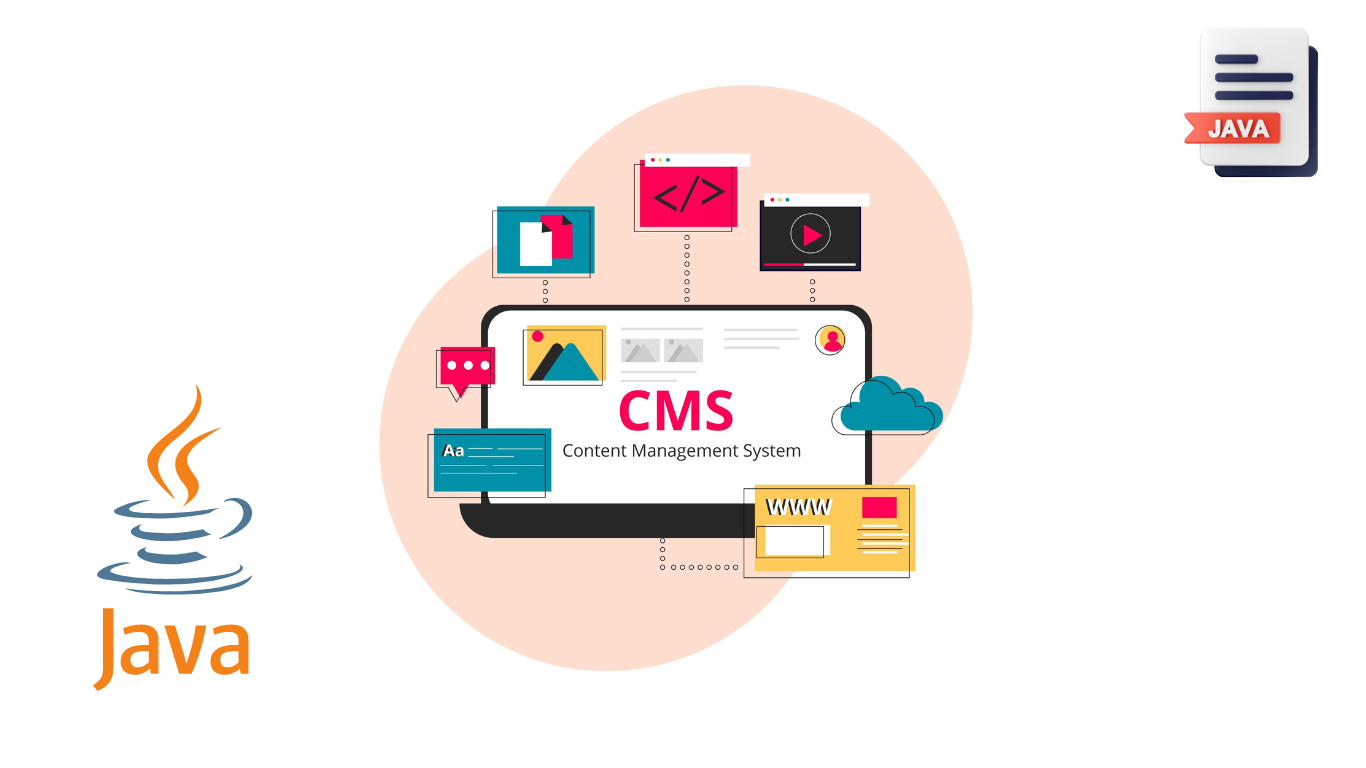Identifiers in Java: How You and I Name Our Code Elements
Identifiers in Java are the names to different parts of our program—like classes, methods, variables, and objects. These names act as unique references that help us organize and access elements within our code. One important thing you should always remember is that Java identifiers are case-sensitive. So, for example, myVariable and MyVariable are treated as two completely different identifiers. By choosing clear and meaningful names, we make our code easier to read, understand, and maintain.
Identifiers in Java
In a Java program, identifiers are names. Identifiers can be the name of a class, a method, or a variable. Java identifier definition guidelines:
- Identifiers must be preceded by a letter, an underscore, or the dollar sign ($).
- No number can come first in an identifier.
- Although there is no restriction on the number of characters in an identification, having more than 15 characters is not advised.
- Case matters when using Java IDs.
- First letter can be an alphabet, or underscore and dollar sign. From the second letter, we can have numbers
- Java IDs shouldn’t contain reserved words.
